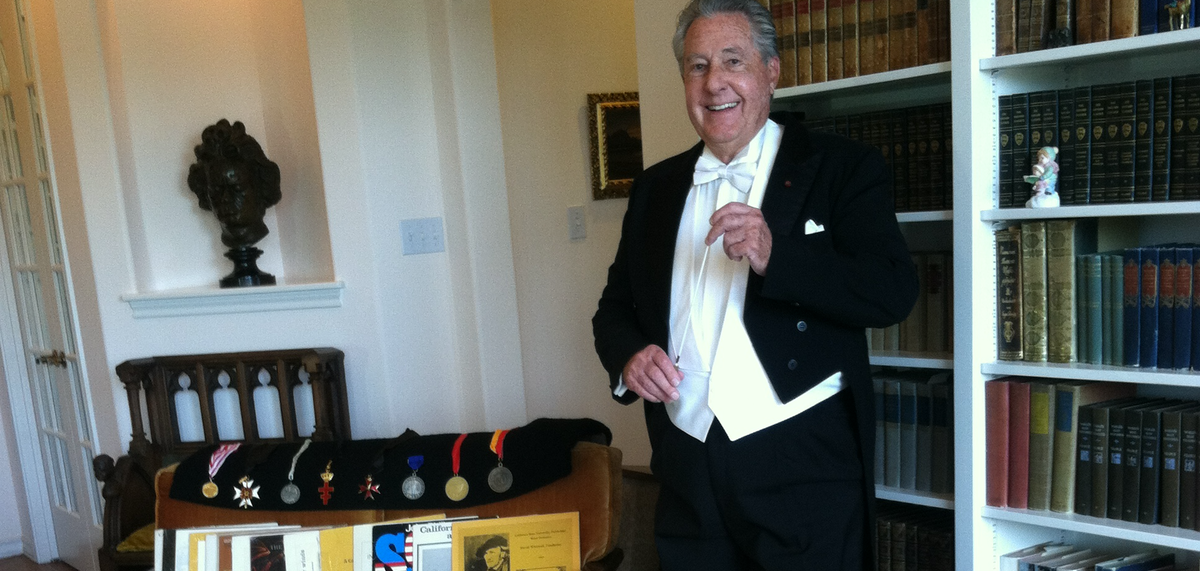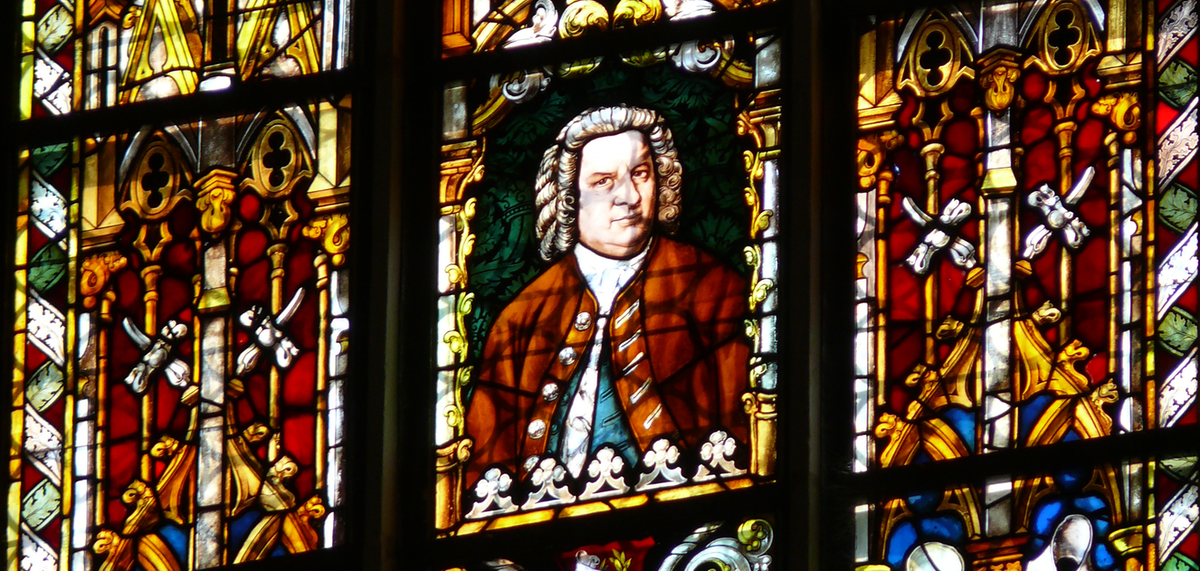David Whitwell’s Symphony No. 1
To summarise the life and experience of conductor David Whitwell into a paragraph or two would be impossible. A master performer on the horn, a brilliant conductor who would do not only every concert from memory, but also every rehearsal from memory as well, a music scholar unsurpassed in the history and literature of the wind band, and to make him the complete Renaissance man, a composer of, among other works, nine symphonies.
To introduce this work, the Symphonie No. 1, I’ll read David’s own words from 1987:
It had been on my mind that I was approaching my fiftieth birthday and I had a strong feeling that I wanted to do something new and different in my life in view of this milestone. I decided to try composition, something, oddly enough, I had never been interested in before. I knew from my experience all the things I did not want to do in a composition—all the band idioms and all the academic concepts of composition one learns in school. But the minute I sat down to try my first efforts at composition, those were the very things which came out! So, I concluded that my problem was not in knowing how to compose, but in knowing what to say. My entire career had been one of studying the feelings of other composers, not my own. So, I stopped composing and spent several months just thinking about my feelings, and how I felt about feelings and emotions in general. After a period of doing this, I began composing again and found that the music came faster than I could write it down. The result of this activity was my first Symphony, my Opus 1.
When I was serving as Associate First Horn in the US Air Force Symphony Orchestra and Band, in Washington, DC, I frequently had the occasion to perform authentic background music in one or other of the famous hotels where political dinners were held. It could be quite interesting, as on one occasion when I was able to observe a vibrant conversation between Harry S. Truman and John F. Kennedy, but at the same time, I never forgot that I was not a guest but rather an anonymous, unseen musician in the balcony. And against this ignominious status, the performance often required considerable skill, such as performing quantities of Strauss Waltzes I had never heard with no rehearsal.
All this came to mind one bitterly cold day in Vienna when, late at night, I saw a solitary horn player, poorly dressed for the weather, struggling in the face of the strong wind with his horn case on his back. This poor musician had no doubt been performing some festive music at the Hofburg, helping provide entertainment music for the aristocrats of Vienna who were now riding home in their chauffeured limousines. It was thinking of him that brought this music to the surface; the “dark side” of the Viennese waltz.
David Whitwell’s Symphony No. 1 is 11 and a half minutes long and Grade 4 or Medium difficulty. It is very playable by good high school bands. You can find a sample score and recording at Maxime’s Music at maximesmusic.com. The transcript of this episode can be found at maximesmusic.com/podcast. We are on FaceBook at facebook.com/bestbandmusic, and you can also find Maxime’s Music and the podcast on LinkedIn. Thanks for listening. I hope you’ll join me next time for more of The Best Band Music You’ve Never Heard.




